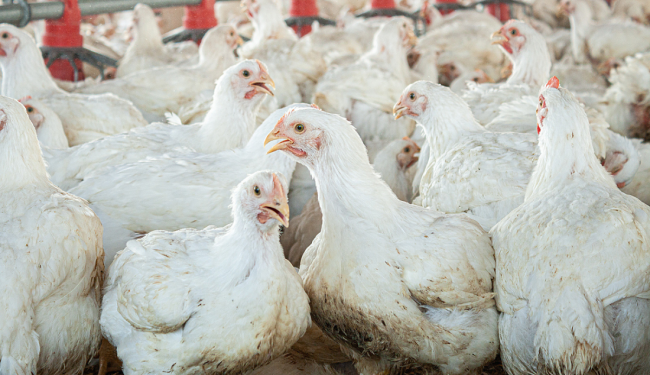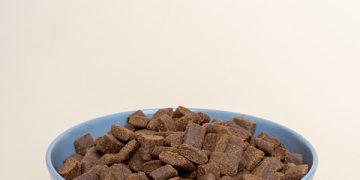
A future beyond bird flu: the way forward
The World Health Organisation (WHO) has recognised the role animals play in the creation and spread of disease in the first draft of its Pandemic Agreement.
As reported by the World Federation for Animals, the WHO’s draft agreement notably focuses on the prevention of pandemics, stating that parties to the agreement must take measures to address the drivers of infectious diseases “at the human-animal-environment interface”. “By addressing the upstream drivers of spillover, such as factory farming, wildlife trade, deforestation, and poor animal welfare,” the article states, “we finally begin to confront pandemics before they begin”.
Such steps should not be taken in isolation. EU policy-makers must also legislate on animal welfare measures that will minimise the risk of avian influenza and other pandemics. Several measures can be taken by policy-makers straight away to help address the virus at its foundation. Cage-free systems should be implemented across Europe, and strict limits on stocking densities for all farm birds must be set. Further, in the case of chickens reared for meat, only slower-growing, higher welfare breeds should be permitted to be farmed, as they are capable of living much more resiliently and healthily than their fast-growing counterparts.
Policy-makers can no longer delay implementing standards to improve animal welfare. Without measures such as these being factored into the European Commission’s revision to the animal welfare legislation, the costs could be catastrophic for people and animals: ranging from a worsening bird flu crisis to the possibility of new pandemics lurking just around the corner.









Discussion about this post